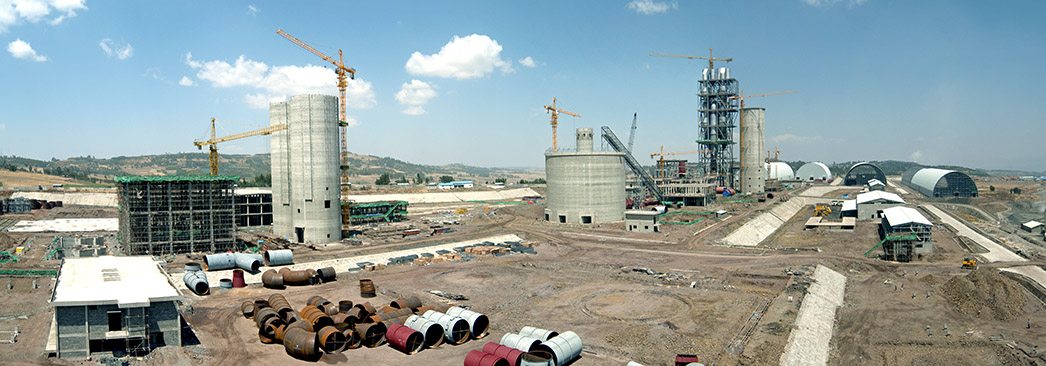The Ethiopia cement industry is set for a revamp after Ministry of Industry announced this week it had begun drafting a cement industry development strategy to help overcome related challenges and spur faster growth of the sector.
State minister of Industry, Mebrahtu Meles (PhD) has said that the cement industry strategy was being developed in collaboration with Adama Science and Technology University since July last year.
The strategy will aid overcome challenges such as unavailability of locally produced packaging materials, inadequate transport service, high costs of production, and limited market, which the Ethiopia cement industry is facing according to Mebrahtu. Coal is being used a fuel by many cement factories in Ethiopia.
Since this coal is imported from South Africa and other countries, costs of production go high. The cement industry in Ethiopia is also being faced by consistent power cuts.
The announcement comes after the 7th annual Africa Cement Trade Summit held 6-7 April at the Sheraton Addis. Companies such as Dangote have also announced they would be investing in coal to produce cement at their factories.
According to Mebrahtu in the 7th annual Africa Cement Trade Summit, 18 companies are engaged in cement production in the Ethiopia and the country is expecting 17.15Mta in installed production capacity from the current 11.2Mta, although the current output was 5.47Mta.
Dangote’s new cement plant in Ethiopia, which is set for launching soon, will produce 2.5Mta of cement. The Chemicals and Construction Inputs Development Institute recently announced that the country had made US$13m from cement exports.
“This level of capacity utilisation is substantially low compared to global average of 60-70 per cent or recommended acceptable optimum production capacity utilisation rate that range between 80-85 per cent.” Said the Minister.
Mekuria Haile, minister of Urban Development, Housing and Construction, who was also the guest of honor at the event said Ethiopia was exercising high demand for cement due to mega public construction projects.
“In order to respond to the growing demand of cement, our government has taken major actions in creating conducive environment for cement production by both local and foreign investors. Recently, different national and international business groups have shown interest in investing in Ethiopia-this may witness cement self sufficiency and export possibility too,” Mekuria said. He expressed for the need to lower cost of production and stimulate the market.
Ethiopia also exports cement to Somalia, Djibouti and South Sudan.

